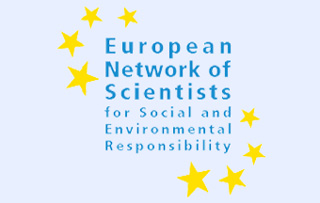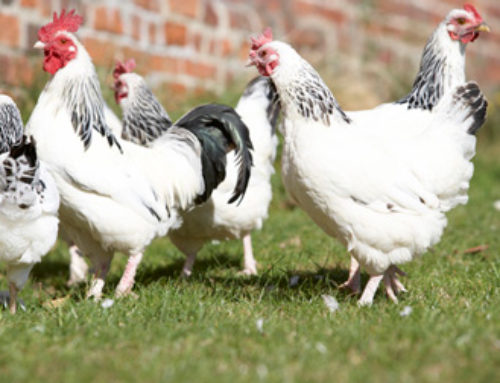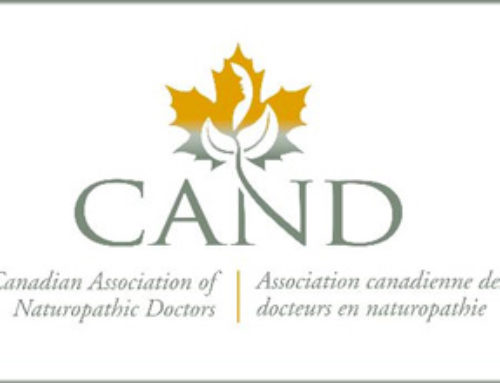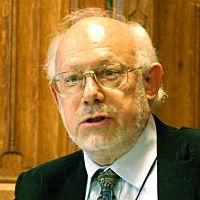There is no scientific consensus that genetically modified foods and crops are safe, according to a statement released today by an international group of over 85 scientists, academics and physicians.[1]
The statement comes in response to recent claims from the GM industry and some scientists and commentators that there is a “scientific consensus” that GM foods and crops are safe for human and animal health and the environment. The statement calls such claims “misleading” and states, “The claimed consensus on GMO safety does not exist.”
Commenting on the statement, one of the signatories, Professor Brian Wynne, associate director and co-principal investigator from 2002-2012 of the UK ESRC Centre for the Economic and Social Aspects of Genomics, Cesagen, Lancaster University, said: “There is no consensus amongst scientific researchers over the health or environmental safety of GM crops and foods, and it is misleading and irresponsible for anyone to claim that there is. Many salient questions remain open, while more are being discovered and reported by independent scientists in the international scientific literature. Indeed some key public interest questions revealed by such research have been left neglected for years by the huge imbalance in research funding, against thorough biosafety research and in favour of the commercial-scientific promotion of this technology.”
Another signatory, Professor C. Vyvyan Howard, a medically qualified toxicopathologist based at the University of Ulster, said: “A substantial number of studies suggest that GM crops and foods can be toxic or allergenic, and that they can have adverse impacts on beneficial and non-target organisms. It is often claimed that millions of Americans eat GM foods with no ill effects. But as the US has no GMO labelling and no epidemiological studies have been carried out, there is no way of knowing whether the rising rates of chronic diseases seen in that country have anything to do with GM food consumption or not. Therefore this claim has no scientific basis.”
A third signatory to the statement, Andy Stirling, professor of science and technology policy at Sussex University and member of the UK government’s GM Science Review Panel, said: “The main reason some multinationals prefer GM technologies over the many alternatives is that GM offers more lucrative ways to control intellectual property and global supply chains. To sideline open discussion of these issues, related interests are now trying to deny the many uncertainties and suppress scientific diversity. This undermines democratic debate – and science itself.”
The scientists’ statement was released by the European Network of Scientists for Social and Environmental Responsibility in the week after the World Food Prize was awarded to employees of the GM seed giants Monsanto and Syngenta and UK environment secretary Owen Paterson branded opponents of GM foods as “wicked”.
Signatories of the statement include prominent and respected scientists, including Dr Hans Herren, a former winner of the World Food Prize and an Alternative Nobel Prize laureate, and Dr Pushpa Bhargava, known as the father of modern biotechnology in India.
Claire Robinson, research director at Earth Open Source commented, “The joint statement and comments of the senior scientists and academics make clear those who claim there is a scientific consensus over GMO safety are really engaged in a partisan bid to shut down debate.
“We have to ask why these people are so desperate to prevent further exploration of an issue that is of immense significance for the future of our food and agriculture. We actually need not less but more public debate on the impacts of this technology, particularly given the proven effective alternatives that are being sidelined in the rush to promote GM.”
ENDS
Notes
1. http://www.ensser.org/media/0513
Summary of the statement, “No scientific consensus on GMO safety”:
1. There is no scientific consensus that GM crops and foods are safe for human and animal health.
2. A peer-reviewed review of safety studies on GM crops and foods found about an equal number of research groups raising concerns about GMO safety as groups concluding safety. However, most researchers concluding safety were affiliated with biotechnology companies that stood to profit from commercializing the GM crop concerned.
3. A review that is often cited to show GM crops and foods are safe in fact includes studies that raised concerns. Scientists disagree about the interpretation of these findings.
4. No epidemiological studies have been carried out to find out if GM crops are affecting human health, so claims that millions of Americans eat GM foods with no ill effects have no scientific basis.
5. There is no scientific consensus on the safety of GM crops for the environment. Studies have associated GM herbicide-tolerant crops with increased herbicide use and GM insecticidal crops with unexpected toxic impacts on non-target organisms.
6. A survey among scientists showed that those who received funding from biotech companies were more likely to believe GM crops were safe for the environment, whereas independent scientists were more likely to emphasize uncertainties.
7. Although some scientific bodies have made broadly supportive statements about GM over the years, these often contain significant caveats, call for better regulation, and draw attention to the risks as well as the potential benefits of GMOs. A statement by the American Association for the Advancement of Science (AAAS) claiming GMO safety was challenged by 21 scientists, including long-standing members of the AAAS.
8. International agreements such as the Cartagena Protocol on Biosafety exist because experts worldwide believe that a strongly precautionary attitude is justified in the case of GMOs. Concerns about risks are well-founded, as can be seen by the often complex, contradictory, and inconclusive findings of safety studies on GMOs.
Press release, Earth Open Source, Monday 21 October 2013.
Contact claire.robinson@earthopensource.org






Items 5 & 6 are of particular concern